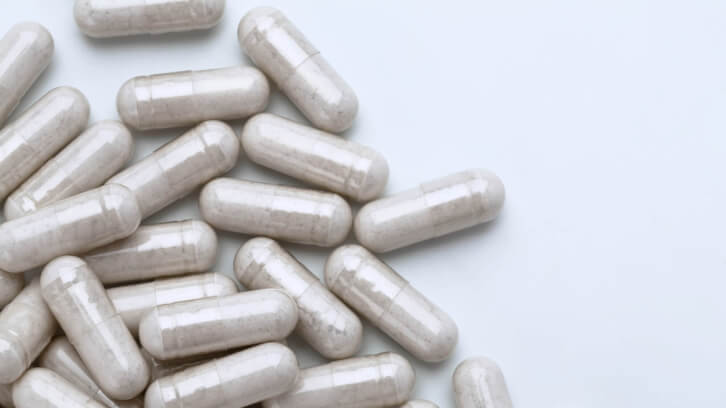In a guidance document shared this week, the independent lab which specializes in botanical and fungal testing breaks down aspects of the lab vetting process to help industry choose third party testing labs where not all labs are created equal.
“There is a good selection of labs that offer high quality services, not only ours, yet, for years I watched as brands struggled to evaluate labs and, in some cases, chose terrible labs with publicly documented quality deficiencies,” said Elan Sudberg, CEO of Alkemist Labs. “I couldn’t find an industry guidance anywhere, so we decided to develop one.”
Aspects covered include testing requirements, legal repercussions of inadequate testing, what qualities to look for in a lab and the testing role of contract manufacturers.
Legal responsibility and ramifications
The guidance outlines the key sections of Code of Federal Regulations (CFR) Part 111 on current good manufacturing practice (cGMP) in manufacturing, packaging, labeling or holding operations for dietary supplements as they pertain to laboratory testing.
This includes requirements to establish a production and process control system (Subpart E §111.70 through §111.76) and requirements for laboratory operations (Subpart J §111.303 through §111.325).
“While the regulations are prescriptive, the agency does not specify the analytical techniques, test methods to use or exact parameters to be measured,” the guidance reads. “Just because the regulations are somewhat vague about testing doesn’t mean you can afford to be.”
In a sidebar included in the document, Rend Al-Mondhiry, partner at industry firm Amin Wasserman Gurnani, LLP, detailed the need for fit-for-purpose testing from a legal perspective to ensure that products include the ingredients on label, particularly when an efficacy or health-related claim is involved.
Failure to do so, she says, not only risks consumer safety and trust but can violate the Federal Trade Commission’s truth-in-advertising laws, prompt challenges before the BBB National Programs’ National Advertising Division (NAD) and draw the attention of class action plaintiffs.
“If adulteration is a concern, asserting compliance with cGMPs simply isn’t enough,” she added. “Competent and reliable testing demonstrating the ingredient’s identity is essential and working with a qualified lab—one that understands any challenges surrounding the ingredient—is a necessary component.”
Picking the right lab
The Alkemist Labs guidance provides a qualifications checklist with technical and quality related questions to help industry know what to look for in a lab. These span everything from investigating a company’s regulatory history and test methods to its transparency and industry-specific knowledge.
A red flags section—highlighting that not all labs are conscientious or cGMP compliant—reinforces the importance of inquiring about analytical techniques and methods used, checking warning letter records and putting lab expertise to the test.
“If a lab’s core value propositions include minimal test failures and low-low prices, they’re offering you a false bargain,” the guidance warns. “Conducting tests to generate accurate, quality results should always be a lab’s number one commitment.”
In addition, a sidebar from Len Monheit, CEO of Industry Transparency Center (ITC), advises those brands using a contract manufacturer not to relinquish lab selection.
“In the eyes of the consumer and FDA, responsibility for quality belongs to the brand,” he noted. “Under cGMPs, the brand holder, as part of its quality responsibility, has ultimate responsibility for the development of specifications and release testing to meet label claim.”
As example of a capability contract manufacturers may not provide, he cited specialized analytical chemistry expertise or equipment to detect ingredient-specific impurities beyond the standard physical and microbial testing.
Sudberg explained that the idea for the guidance was birthed as a gorilla marketing campaign two years ago "to combat one specific lab doing harm to the industry" but also more broadly stressed the importance of having a lab that can provide subject matter expertise.
"As the botanical and fungal categories began to explode, uninformed companies in our industry simply started sending their botanical and fungus to the goliath generalist labs that also test pharmaceuticals, tilapia and aerospace textiles—and even worse some chose a lab that was well known for cheating," he said. "We hope that this guidance will help the companies that want to do things right choose good labs."




